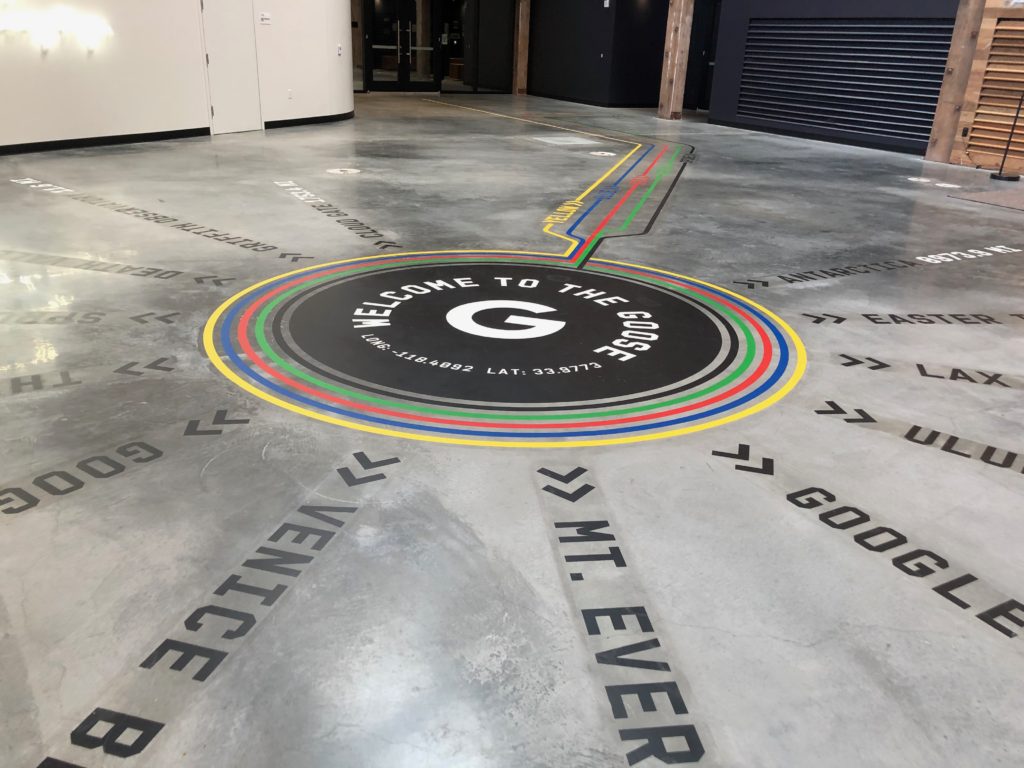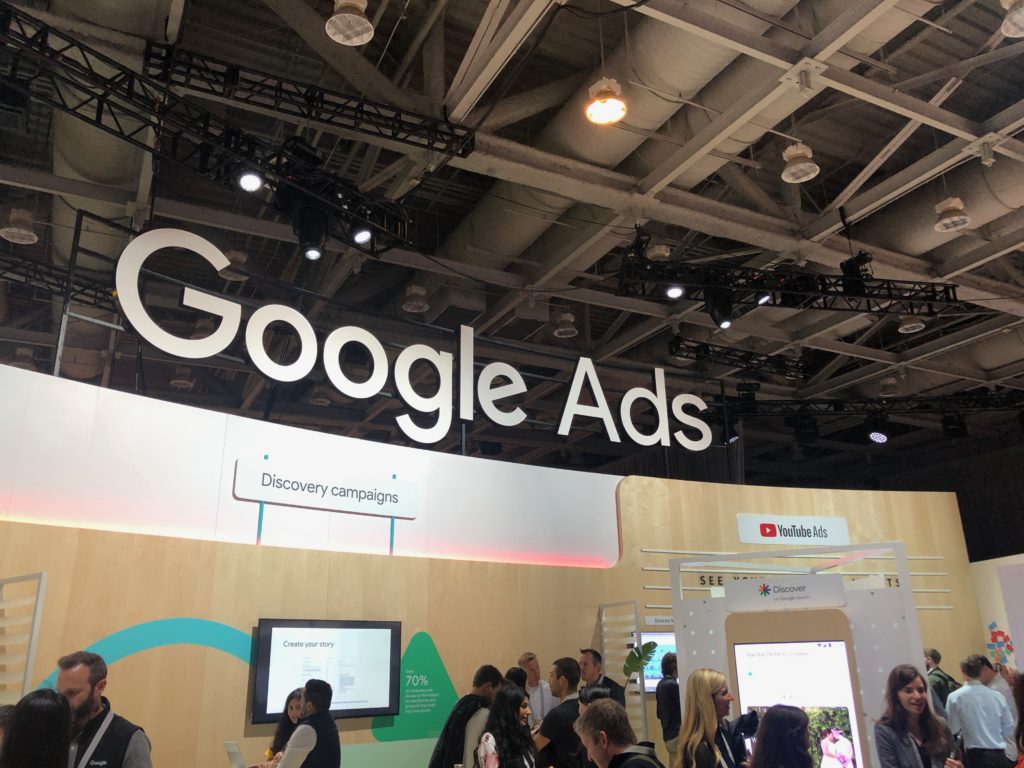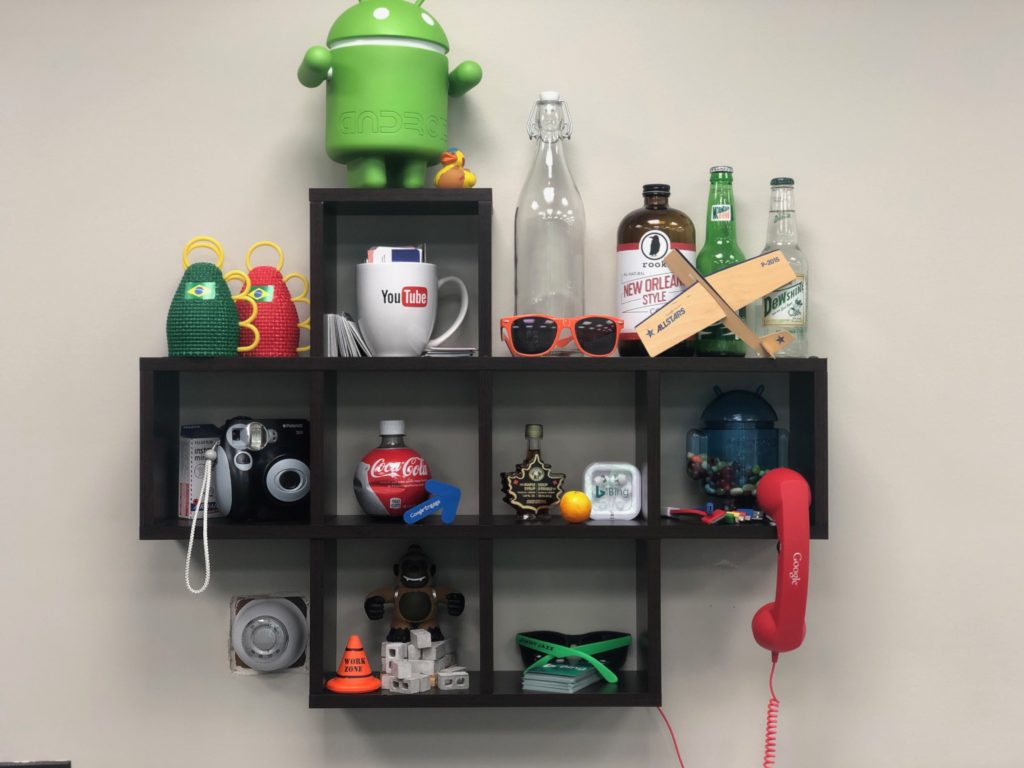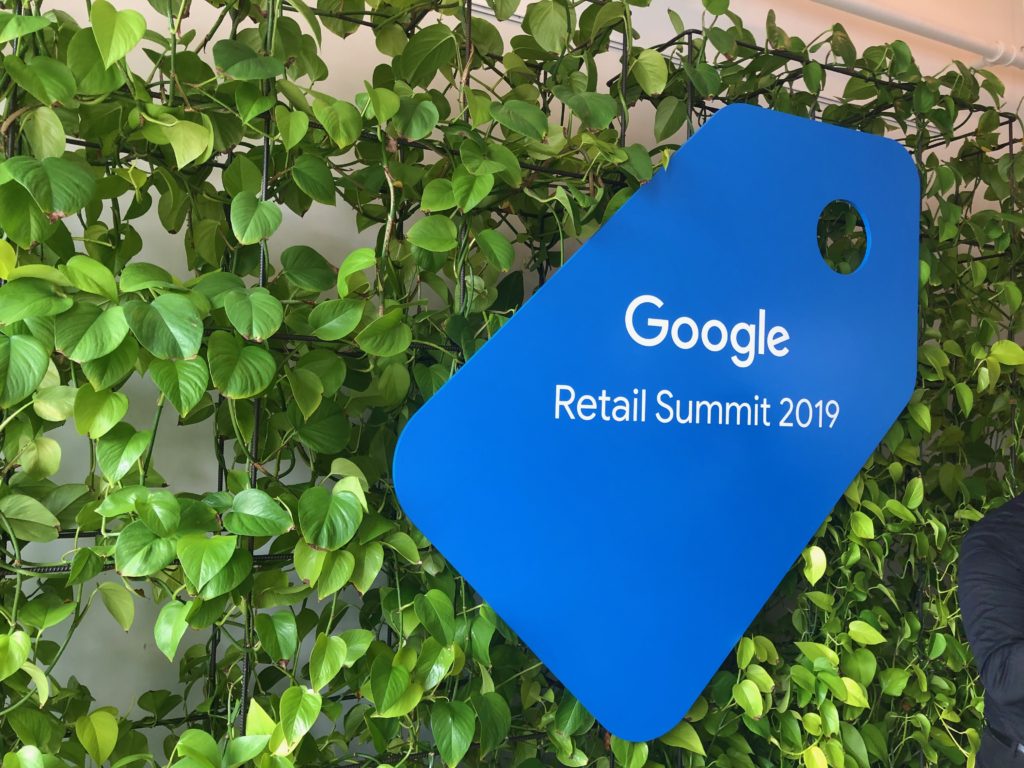Embracing change isn’t easy, especially when your livelihood is involved. But you can either resist the inevitable or make a new role for yourself. Here’s how.
Getting started in PPC these days—particularly Google Ads—can feel like you’re in a boxing match.
In one corner is you, and in the other are the ad platforms with their automation. You’re going to take some punches, but you can’t fixate on that. You’ll only get hit more, tire out, and eventually wish for the bell to ring.
But if after a couple of hits, you start looking for an opening to hit back, that’s a stronger mentality. Yes, you’ll still get hit and probably even lose a few rounds, but now you might win the match.
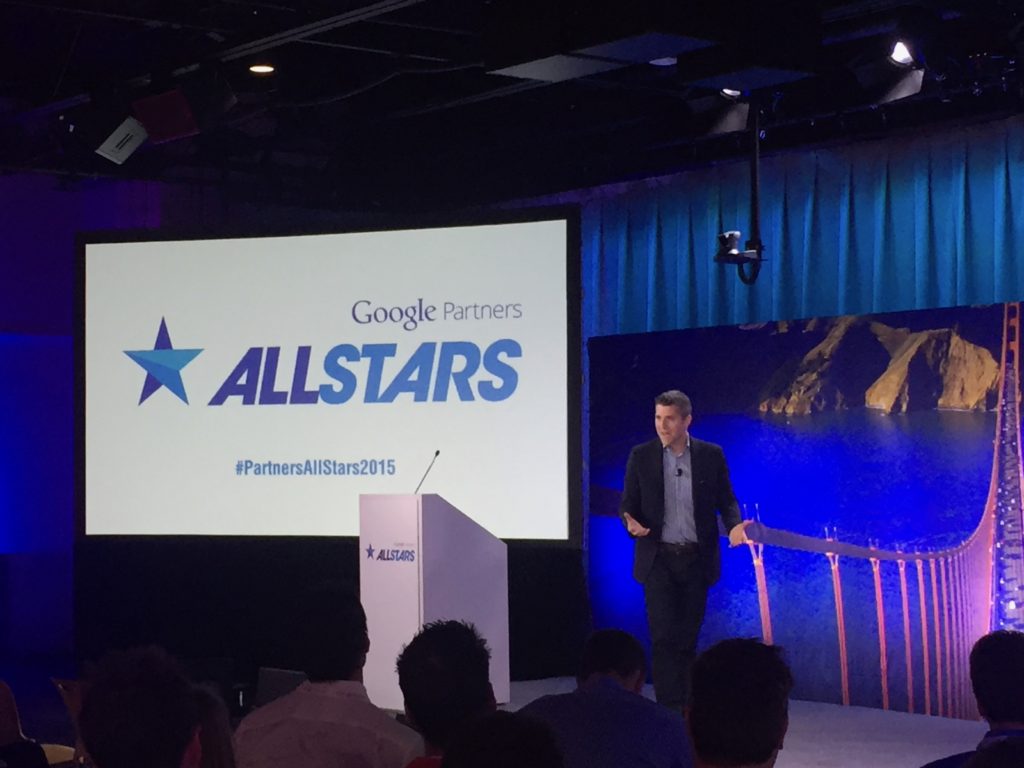 I’ve been doing Google Ads for 20 years. I’ve seen it all and tried it all.
I’ve been doing Google Ads for 20 years. I’ve seen it all and tried it all.
At our agency, JXT Group, we utilize a healthy mix of Search, Shopping, Performance Max, YouTube, and so on—just like many other PPC agencies. Where we differ from a lot of other shops is our mentality.
Google Ads is always evolving; that much is inevitable. Our job is not to complain, but to figure out how to make the best of the current situation. We owe that to our clients and to ourselves.
So here are my answers to some burning questions around the changing nature of pay per click advertising.
How do you make peace with PPC automation?
I don’t love all this change, but I adapt so that we keep getting great results for our clients. And if that means getting enthusiastically on board with what Google gives me, that’s what I do. Don’t mistake it for positivity or optimism; I’m just being practical.
We’ve spent a lot of time and energy figuring out how to make Performance Max work in the best way possible. Same for responsive search ads, same for automated targeting and bidding capabilities.
When I focus on my clients and their ads, I’m able to get results. When I share what I learn with my peers and colleagues, I feel helpful and valued. Looking for solutions gives me purpose, but complaining only clouds my judgment.
But I can’t say that I was always this way.
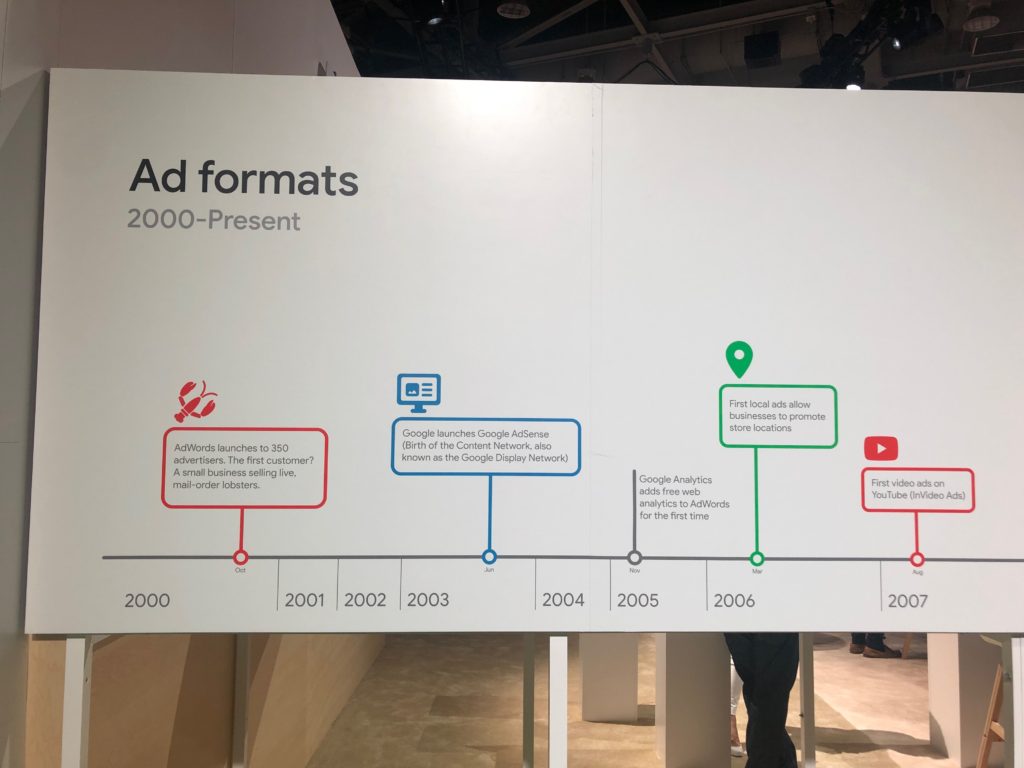
When Google Ads first introduced Smart Bidding, there were manual CPCs and then Enhanced CPCs, which gave the system permission to increase your bids by 30%. And I was hesitant to test it out right away.
When they brought in Broad Match, I went years without touching it. Go through any account I managed at the time—you won’t find a single Broad Match keyword.
But Google’s ad technology has evolved, and for the better. You won’t use Broad Match keywords in every situation, but there are times and places where it works really well, especially alongside Smart Bidding which takes your revenue into account.
SEO and PPC are increasingly intersecting because of automation. SEO page titles, on-page written content, on-page images, videos, and even the way menu navs are developed is crucial to automated Google Ads elements such as DSA & PMax, not to mention Shopping Feeds. #ppcchat
— Kirk Williams (@PPCKirk) September 21, 2022
When I log in to an account to perform an audit, and I see that every single campaign is on Manual CPC, the system can beat it nine times out of ten. Smart Bidding looks at over 1,000 data points, and it’s just not possible for you and me to do that (with a few rare exceptions).
Now with brand campaigns, we hardly ever use Smart Bidding. We target impression share, or use manual bids for brand new accounts to gather data and have more control. Some agencies also manage very small accounts that spend up to ~$100 a day, for which there’s just not enough data for Smart Bidding to do its thing.
Outside of edge cases like those, Smart Bidding will beat manual bids every day of the week…
If you let it.
Does Google Ads actually want to get rid of agencies?
The automation era is not my first industry transition as an agency owner, but JXT Group is still here and doing better than ever. You don’t get to stick around as long as we have without being flexible.
So why am I not worried for my agency? Because running a full marketing setup that gets results is more work than most businesses can afford to staff for.
Are we going to be doing the same things we did ten, five, or even two years ago? Probably not.
Will we still be needed in the future? I can almost guarantee it.
Look at the work we do today versus what we did five years ago. Back then, we spent our days with Google Ads or the Editor open—picking match types, writing ad copy, building ad groups, and pressing all sorts of buttons.
The dynamic has shifted to where machines can do most of the button pushing, and they can push faster and with fewer errors than humans. Performance Max and Smart Bidding are good examples of that in action.
Today’s media buyers skew towards marketing rather than math. We build channel-specific strategies and contribute to a comprehensive marketing approach. We oversee the implementation of that strategy on paid media channels. We work with other teams to share intel and make smarter decisions.
Rather than push buttons, we now guide the algorithms that govern Google Ads to make the best decisions possible. Rather than manage performance directly, we manage it indirectly—through data inputs, feed quality, ad copy and creatives. That’s the stuff machines haven’t figured out.
☄️ OPTIMIZATION: Improving Performance in Performance Max 💯 (Part 3)
While there aren’t many levers to manually optimize campaigns, our job is to guide the machines. 🤖
Here’s a breakdown of what you can do. 🦾#PPCChat #PerformanceMax
Time for a thread! 🧵 👇 pic.twitter.com/UAfSIqQ0a5
— Menachem Ani (@MenachemAni) August 25, 2022
The agency role won’t disappear, much as the doomsayers like to believe that Google is trying to get rid of us. Quite the opposite, I think quality agencies that have been doing Google Ads and PPC for a long time will be more valuable than ever.
Anyone can set up a Performance Max campaign and just let it rip. But I’m confident—as an agency that’s tested it a thousand different ways—that we’re better equipped to navigate any obstacles that come up. Be it segmenting the products a certain way, or configuring the campaign to exact specifications.
Today, we’re true growth partners. My team and I help grow sales, generate higher quality leads, and make paid media channels profitable. We’re responsible for our part of the roadmap to get our client there.
That’s the kind of value smart businesses don’t discard.
Does every business or brand need a paid media agency?
Andrew Lolk from Savvy Revenue made a great point. If you just want to get something going or start advertising, but you don’t have the budget for an agency setup, Performance Max will work. And it’ll work well as long as you configure it correctly (a different task completely).
Put it all in Performance Max, no ROAS target and follow best practices
A good freelancer will start at around $1,500. With $5k to spend you are better off pouring that budget into Google Ads.
A freelancer with $3,500/mo. should outperform Performance Max by 52% to be worth it
— Andrew Lolk (@AndrewLolk) January 23, 2023
But once you’ve had some success and are ready to scale, or you want to expand to new channels, that’s really where the value of a good agency shines.
You might have Performance Max running, possibly even the right way with a full-funnel strategy. But an agency can augment that with Shopping, Search, Dynamic Search, possibly YouTube and Display, or even other platforms like Facebook and Pinterest.
But at that moment, a $5,000 budget is no longer $5,000 spent on ads. If that’s what you can afford to spend as a business, you then have to account for agency fees—retainers plus setup and audit costs.
Small businesses won’t always have the extra budget, or be able to sacrifice the conversions that go away with reduced spend. That’s where individual consultants can help.
Clients may have different needs, but the concept of hiring outside assistance is not going to disappear. Agencies, consultants, freelancers—there’s enough bread for all of us to eat.
How do you educate clients and bosses on changes to ad capabilities?
“Google Ads keeps changing how their product works. How am I supposed to explain to clients that I no longer have control over these things?”
Just be real with them.
“Here’s what the systems are changing. They got rid of this and won’t let us look at that. So here’s what we can do instead.”
Some big examples of this are search terms disappearing, Smart Shopping being deprecated, and expanded text ads going away. I have clients who did amazingly well with Smart Shopping for years, and it was a rough migration to get to Performance Max or make Standard Shopping work at that level.
Their questions were typically, “What happened? Why is performance down?”
You know that it’s out of your hands, that the inventory has been deprecated. A feature is no longer available and so you’re testing alternatives. Maybe there’s some gaming and hacking of systems going on. You’re trying something new, but based on prior experience, you know what to reasonably expect.
A5: Planning when there is so much uncertainty – both with economic conditions and with the whims of the ad platforms.
Now, more than ever, we need to be flexible and teach our clients and stakeholders that things can change quickly.#PPCChat
— Julie F Bacchini (@NeptuneMoon) September 27, 2022
That’s all you have to tell them. Maintain open, clear lines of communication as to where you hope to take them. Everything you know internally should go back to them.
If you want to be seen as a growth partner, act like one.
I, for one, welcome our robot overlords
There was a time when you could start advertising on Google Ads and make money that same day. Today’s version of the product is different, because the way people use search engines today is different.
Any brand starting to advertise today must be prepared to spend on more than just conversions. Your goal in the first four to eight weeks is not to generate profit, but to gather data so you can establish a baseline.
I, for one, welcome our robot overlords.
Change is inevitable and technological advancements are inevitable. Our job as agencies is to stay ahead of the curve and provide a strategy for our clients.
— Menachem Ani (@MenachemAni) September 24, 2021
The prospect of spending money on data is very different from that of spending on sales. But without that data, your campaigns are not sustainable. You won’t be able to capture the demand that’s there. And if any of your competitors put in the time and money that’s required, they’ll dry up your market.
Is it unfair? You could certainly make that case. Ultimately, we don’t have the power to change Google’s business model. All we can choose is whether or not we play in their sandbox—and leaving is a perfectly acceptable decision.
But if you stay, don’t resist what you have no control over. It’ll only increase the gap between what the system allows you to do and how well you do it. If that gets too wide, you might find yourself stuck with no way over.
